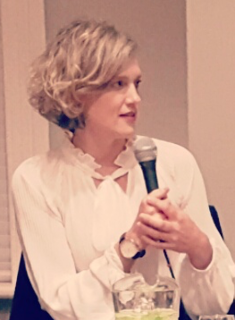A Quote by Mason Cooley
Few artists can afford artistic temperament.
Quote Topics
Related Quotes
The artistic temperament is a disease that affects amateurs. Artists of a large and wholesome vitality get rid of their art easily, as they breathe easily or perspire easily. But in artists of less force, the thing becomes a pressure, and produces a definite pain, which is called the artistic temperament.
Your attitude is more important than the events happening around you. Artists develop a syndrome taught in art schools. It is a malady titled, 'Artistic Temperament'... rudeness, excuses, slovenliness, laziness, clutter, addictions, non-commercial attitudes, un-professionalism... and a good reason for failure.
What an artist does, is fail. Any reading of the literature, (I mean the literature of artistic creation), however summary, will persuade you instantly that the paradigmatic artistic experience is that of failure. The actualization fails to meet, equal, the intuition. There is something "out there" which cannot be brought "here". This is standard. I don't mean bad artists, I mean good artists. There is no such thing as a "successful artist" (except, of course, in worldly terms).
Simply according artistic works the same protection as nonartistic works may not be sufficient to protect creativity. After all, the very essence of artistic expression is invention and artists necessarily draw on their own experience. But if the rules of liability are unclear, artists will not be able to know how much disguise is sufficient to protect their claims from the claims of those who may see themselves in the portrayals.
I know of a few multimillionaires who started trading with inherited wealth. In each case, they lost it all because they didn't feel the pain when they were losing. In those formative first few years of trading, they felt they could afford to lose. You're much better off going into the market on a shoestring, feeling that you can't afford to lose. I'd rather bet on somebody starting out with a few thousand dollars than on somebody who came in with millions.



































